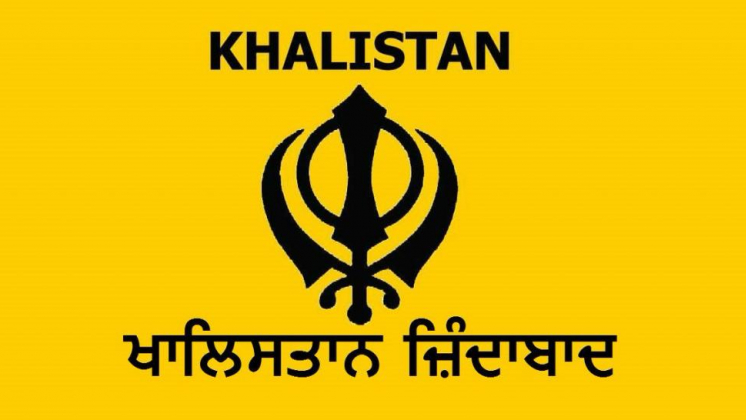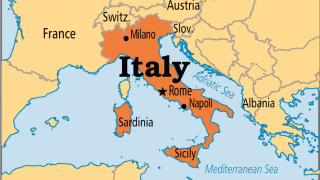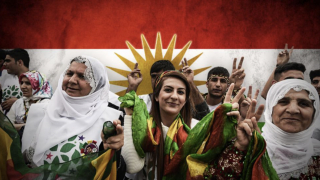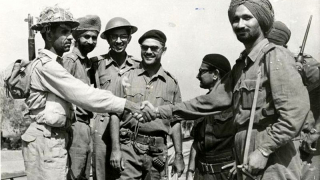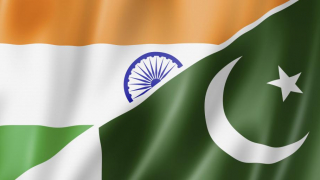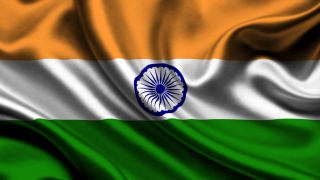The Trend Of Non-Binding Referenda Adds Credence To The Khalistani Cause
The world is less than a full year away from what's poised to become one of the most influential political events in South Asia's recent history, and that's the Sikhs For Justice's (SFJ) non-binding referendum next November that they're organizing in Indian Punjab over whether or not the province should secede as the state of Khalistan. The central government has overreacted to this development by banning the purely peaceful organization and might possibly be gearing up for a more forceful crackdown against any Sikh suspected of supporting the separatist movement in the months ahead of the vote, though the focus of this article isn't about that, but about how the the Referendum 2020 campaign is the latest manifestation of the larger trend of non-binding referenda that's been spreading across the world since 2017.
Iraqi Kurdistan initiated this trend in September of that year, which was followed by Catalonia one month later. The formerly conflict-wreaked Papua New Guinean region of Bougainville held a similar vote just a few weeks ago where the participants overwhelming supported independence, just like in the other two preceding cases. What makes the latest one so unique, however, is that it was approved by the central government as part of the peace process, whereas the other two were done in defiance of it. Nevertheless, more people across the world have heard of the Iraqi Kurdish and Catalonian votes than the Bougainvillean one, which shows that those that aren't supported by the authorities generate a lot of publicity that could then add more credibility to their cause. After all, the entire world was talking at the time about the legitimacy of their movements, and the legacy of that debate still lingers to this day seeing as how both independence issues remain unresolved.
The SFJ's planned referendum is likely to lead to that same outcome. Precisely because it doesn't have the support of the central government, the state will probably resort to forceful means to stop it, just as the Iraqi and Spanish ones did, which in turn could create an internationally relevant crisis especially in the event that unarmed civilians are wounded or worse. Modi's India has shown a preference for employing disproportionate force against its opponents, be they the Kashmiris who have been clamoring for decades for their UNSC-enshrined right to hold a democratic plebiscite on their political future or the myriad groups protesting the country's recently passed "Citizenship (Amendment) Bill" (CAB). It would therefore be extremely unexpected if the state sat back and let the Referendum 2020 campaign proceed smoothly.
One key difference that sets the planned non-binding Khalistani referendum apart from the Iraqi Kurdish, Catalonian, and Bougainvillean ones is that its supporters' envisaged country doesn't enjoy autonomy within the state that it wants to secede from. This is more of an observation than anything else but it's interesting to consider because it might represent a new phase of the non-binding referenda trend whereby non-autonomous independence-seeking regions hold similar votes despite not previously having any formal experience governing themselves. There's an assumption among some that autonomy should precede independence in order to prepare the aspiring state for handling its future responsibilities, but that's more the recent exception than the rule since history is littered with examples of countries becoming independent without that.
Still, those states usually achieved their independence as a result of war, whether one that they waged on their own or as a consequence of a different one that the larger country of which they were a part was involved in with disastrous results. That's not the path that the SFJ wants to take, however, since they're repeatedly reaffirmed their commitment to purely peaceful and democratic means for achieving their people's long-sought goal, which is why the upcoming referendum is so important. It aims to prove that a significant percentage of Indian Punjab supports the Khalistani cause, which would legitimize their movement in parallel with popularizing it across the world in the event that the central government forcibly cracks down on its supporters and therefore makes this an internationally relevant issue just like Iraqi Kurdistan and Catalonia have become.
The key takeaway is that non-binding referenda -- whether supported by the state or in defiance of it -- represent a low-cost but highly effective means for advancing a separatist agenda, be it the Iraqi Kurdish, Catalonian, Bougainvillean, or Khalistani ones. If there's one lesson to be learned, it's that the state's disproportionate use of force in stopping these votes has the tendency to make their causes go global by creating a security crisis that warrants the world's attention, especially if occurs in a country as well-known as India is. New Delhi is in a dilemma, however, since it can't just let the referendum go ahead as planned because otherwise it'll set a precedent for the Kashmiris, Nagas, and other separatist-inclined people, though militarily overreacting could generate extremely negative publicity while also inadvertently radicalizing segments of the targeted population. Whatever happens, the world is sure to hear more about the Khalistani cause next year.
DISCLAIMER: The author writes for this publication in a private capacity which is unrepresentative of anyone or any organization except for his own personal views. Nothing written by the author should ever be conflated with the editorial views or official positions of any other media outlet or institution.

